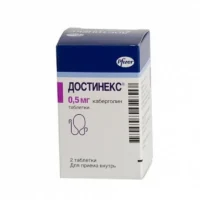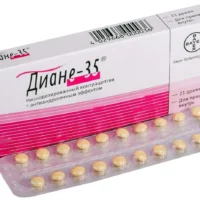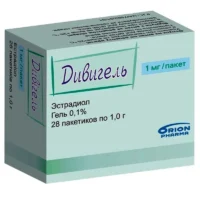Description
Milagyn (Clindamycin) Vaginal Suppositories
Ingredients
- Active ingredient: Clindamycin phosphate.
- Other ingredients: Hard fat.
Dosage
Recommended dosage: Insert one suppository into the vagina at bedtime for 3 consecutive days.
Indications
Indicated for: Treatment of bacterial vaginosis.
Contraindications
Do not use if you:
- Are allergic to clindamycin or lincomycin.
- Have a history of inflammatory bowel disease.
Directions
How to use: Wash hands before and after use. Lie on your back with knees bent. Insert the suppository deep into the vagina.
Scientific Evidence
Clindamycin, the active ingredient, inhibits bacterial protein synthesis, effectively treating bacterial vaginosis. Studies in the Journal of Antimicrobial Chemotherapy have shown clindamycin’s efficacy in eradicating causative bacteria and restoring vaginal flora balance.
Additional Information
Complete the full course of treatment with Milagyn (Clindamycin) Vaginal Suppositories, even if symptoms improve early, to prevent infection recurrence. Inform your healthcare provider before use, especially if pregnant or breastfeeding, and disclose all medications to avoid interactions.





